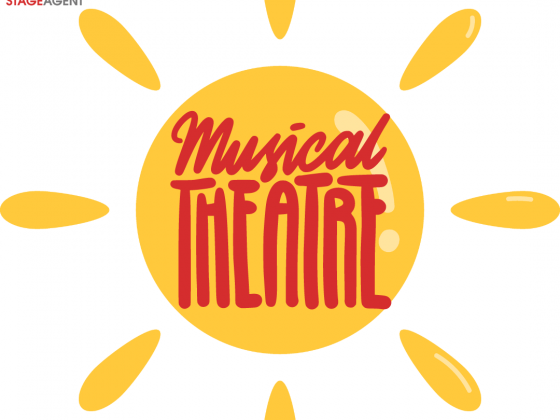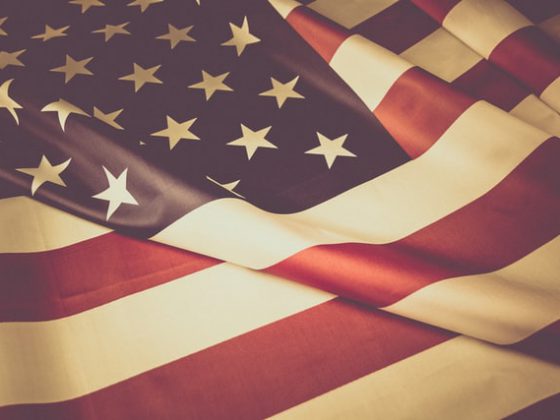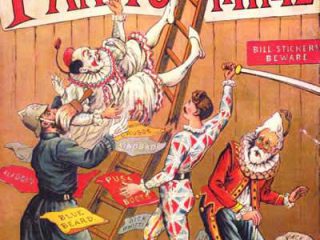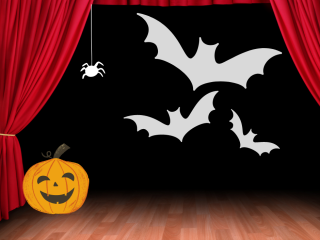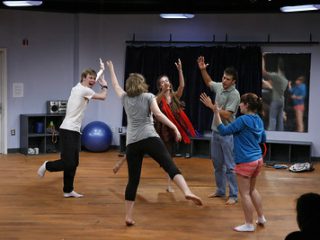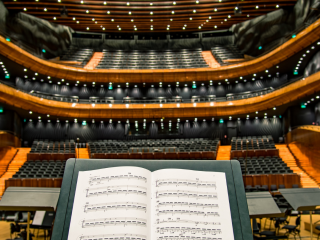When you think of cultural institutions that have shaped society, theatre may not come instantly to mind. Live theatre doesn’t have the mass reach of things like movies, TV, and sports, but it has been inextricably linked to societal shifts practically since it started. From originating idioms used in some of history’s biggest moments to platforming urgent and/or controversial issues, here’s a look at some plays that have impacted society beyond Broadway.
We can go back at least as far as Shakespeare to find plays that have left an enduring cultural mark. Plenty of Shakespeare’s idioms have seared themselves into the lexicon: “neither rhyme nor reason”, “my own flesh and blood”, “the world is my oyster”, and “break the ice” were all coined by the Bard. The rousing St. Crispin’s Day speech in Henry V has proven to be one of the most enduring. Military leaders going back to George Washington have employed the phrase “band of brothers”, which originated in the speech. When actor Laurence Olivier delivered the speech on the radio to boost British morale during World War II, Prime Minister Winston Churchill was so inspired that he asked Olivier to produce a film adaptation of the play. In 2024, American football coach Jim Harbaugh recited the speech during a rally celebrating the Michigan Wolverines winning the national championship (he replaced the names of Shakespeare’s characters with some of his star players).
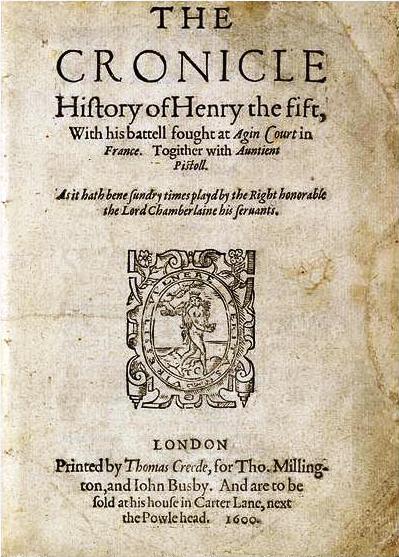
More recently, Clifford Odets’ Waiting for Lefty had a significant impact on the labor movement in the United States. The play premiered in 1935, the same year workers won the right to unionize and strike with the passage of the National Labor Relations Act. Waiting for Lefty concerns a meeting of taxi cab drivers planning a labor strike. Based on the real cab strike of 1934, the play became a galvanizing force in the labor relations movement. Its pro-labor message resonated with a Depression-fatigued public, and its intimate, minimalist style allowed for productions at places like labor halls, where audiences were especially enthused. Waiting for Lefty was as much a response to the need for change as it was a catalyst for it. In the middle of the Great Depression, unemployed and increasingly frustrated laborers began organizing and protesting. By the time the play premiered, there was a palpable sense that something needed to be done. The question was, “what?” Waiting for Lefty sent a resounding answer: strike.
Theatre has a long history as a teaching tool. In recent decades, there’s been a particular emphasis placed on highlighting issues faced by minority and marginalized communities. Eve Ensler’s 1996 play The Vagina Monologues quickly became somewhat of a cultural phenomenon. The play is a series of monologues that touch on some of the most personal and intimate aspects of the female experience. The Vagina Monologues is linked to the V-Day Movement, which started in 1998 with a benefit performance of the play. V-Day is now a global movement, with thousands of annual events that raise money to fight violence against women. Hundreds of colleges mount productions every year to mark V-Day, and some colleges have developed their own plays inspired by The Vagina Monologues.
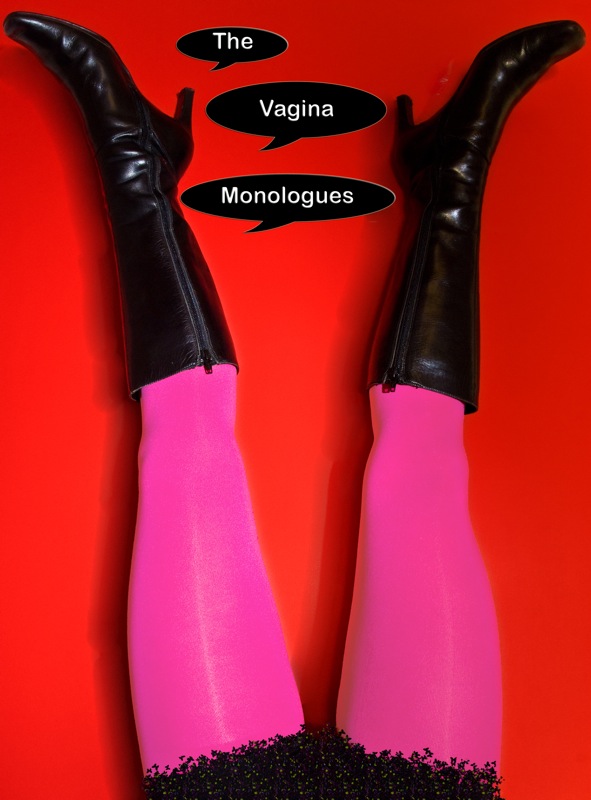
Plays have also elevated controversial social and political issues with positive and negative effects. In 1982, Harvey Fierstein’s Torch Song Trilogy opened on Broadway. The play revolves around Arnold Beckoff, a gay Jewish drag queen and singer in New York City. The play’s frank depiction of homosexuality, gay marriage, and gay adoption, which were still considered widely unacceptable, was ground-breaking. After Torch Song Trilogy came a series of plays that put urgent LGBTQ issues front and center. Larry Kramer’s The Normal Heart gave audiences a visceral look at the AIDS crisis in the early 1980s. The play is still produced professionally, decades after the height of the crisis. Now, it acts as a teaching tool for younger generations. When the play was revived on Broadway in 2011, a New York Times reporter interviewed young gay men who had seen the show. Almost all of them said that the AIDS epidemic is rarely discussed in textbooks or by teachers.
In 2000, Moises Kaufman and the Tectonic Theater Project wrote The Laramie Project, a verbatim play about the murder of gay college student Matthew Shepard in Laramie, Wyoming. The Laramie Project has been produced professionally and at high schools, colleges, and community theatres around the world.
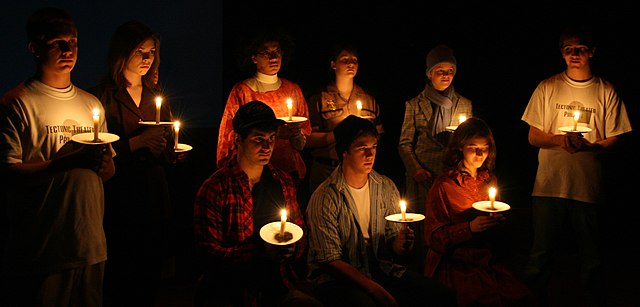
Many productions, particularly at high schools, have been met with protests and attempts to stop the show from being performed. But, the play has also spurred action to combat homophobia. After seeing a production in New Jersey, one audience member donated more than 500 books and other materials to the Rainbow Resource Center at the University of Wyoming. Today, the Rainbow Resource Center has the largest LGBTQ library in Wyoming. The Matthew Shepard Foundation offers free resources to non-profit theatres, schools, and religious groups that produce the play, and helps organizations engage with their communities about homophobia and hatred.
In ways big and small, theatre has always been part of the culture at large. Lines from some of the most celebrated playwrights become part of everyday language. Plays give voice to critical issues. The power of a communal experience inspires collective action. What are some of your favorite theatrical society-shapers?

